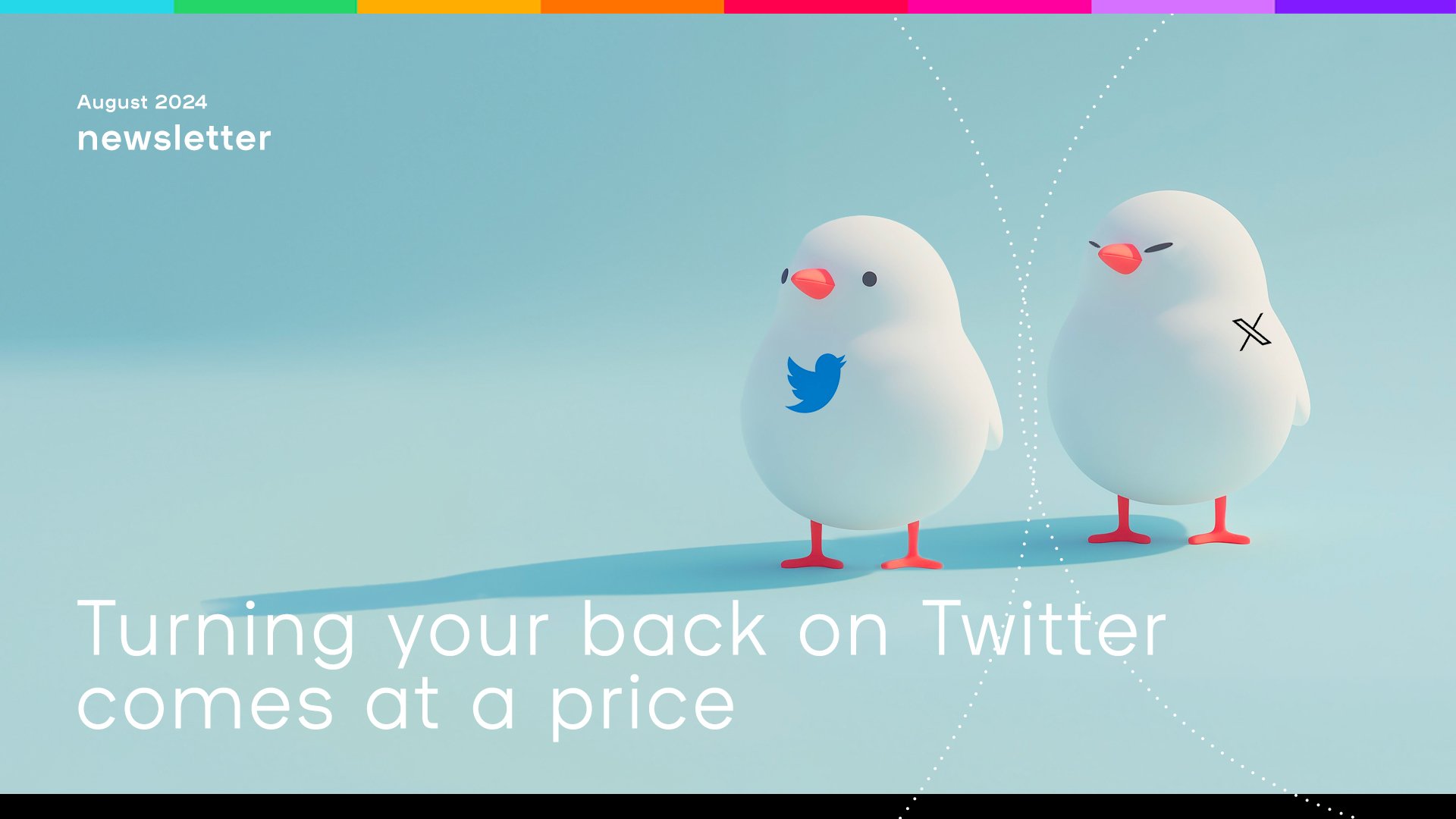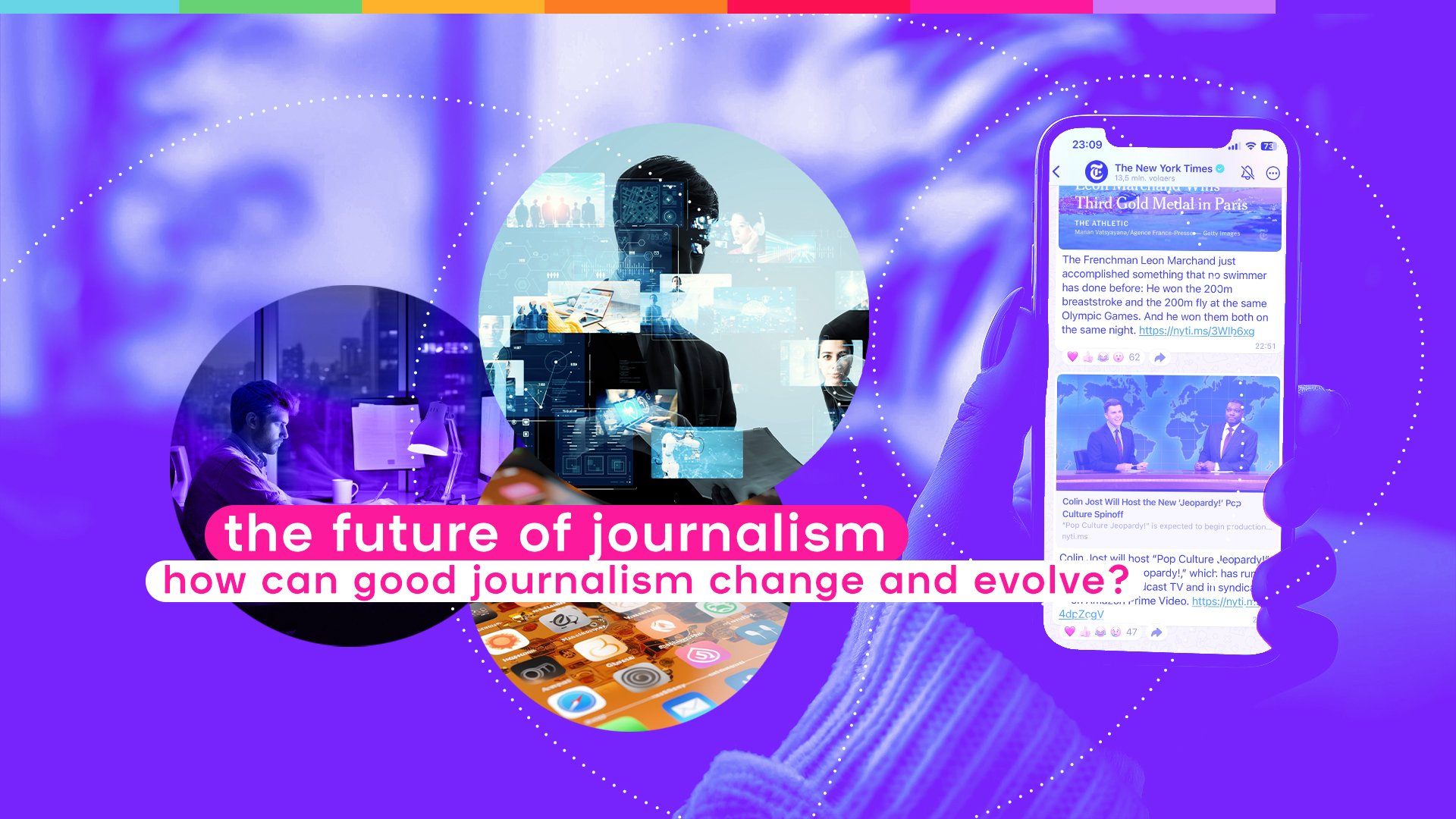Hello there!
When I was at the stadium of my football club NEC Nijmegen last weekend, I was surprised to see that our star goalkeeper wasn’t in the lineup. I asked my friends about it, and they were dumbfounded: “You do know he’s been sold, right?”
As a journalist and avid news follower, it was my turn to be stunned as I stared at the pitch. How could I have missed this?
A mitigating factor is that I’ve recently become a father, so my life’s rhythm has shifted a bit, but here’s my conclusion: I deleted my Twitter account a few months ago, and as a result, I’m missing out on a lot. If you don’t visit a news site for half a day, it’s easy to miss a news item like this. The social media algorithm would have brought this news to my timeline - had I still been a-Twittering.
More and more journalists are wrestling with the question whether to still contribute to Twitter. The behaviour of Elon Musk as the platform’s owner, who has renamed it X, was the reason I deleted my profile. He fired most of the staff responsible for safety , has been spreading conspiracy theories, and allows the algorithm to amplify anger and animosity. Not to mention changes, such as reintroducing the gun emoji, while tweeting that "if current trends continue, civil war in Europe is inevitable"...


